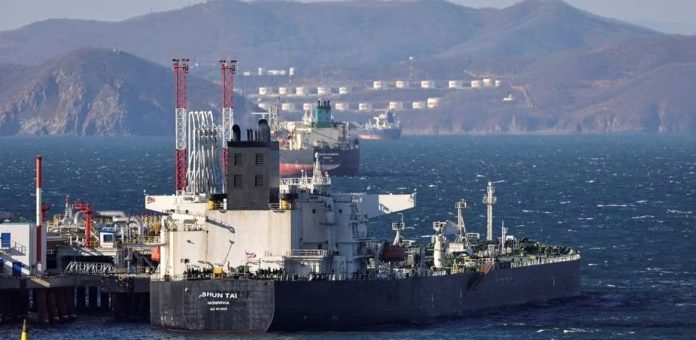The government has told Russian fuel producers that they should prepare for the lifting of restrictions on diesel and petrol exports less than two months after the measures were introduced.
On 21 September, Russia imposed a ban on fuel exports due to a record price increase on the domestic market. The fuel price crisis was caused by a number of factors – increased demand for fuel, refinery repairs during the summer period and rising global prices. However, analysts agree that one of the main reasons was the government’s reduction of subsidies to oil refiners in early September. These subsidies incentivise refiners to supply more fuel to the domestic market rather than export.
The government previously eased the measures on 6 October, giving the go-ahead for diesel exports to resume via pipelines. However, the ban on petrol exports remains unchanged and applies to all deliveries of this fuel abroad by road, pipeline and rail.
On 7 November, Russian Energy Minister Nikolai Shulginov said that Russia was considering lifting the ban on exports of some grades of gasoline. One source at a Russian oil firm told Reuters:
“They told the producers that exports will be opened up from next week.”
Another industry source confirmed this. A second anonymous source said:
“They promised to lift the export ban next week. In regards to this promise, we have formed an export schedule and a plan for refining.”
The authorities are discussing with oil companies the possibility of cancelling the AI-92 export ban. However, the Russian state news agency Interfax reported on 7 November that the AI-95 petrol export restriction will remain in place. In 2022, Russia exported 35 million tonnes of diesel, of which three-quarters was delivered to the market via pipelines. In the same year, 4.8 million tonnes of petrol was shipped abroad. One source said that these measures caused an oversupply on the domestic market at a time of year when demand is usually low.
According to Russian online newspaper The Bell, the fuel crisis has become a tactical victory for the Russian oil industry. In early October, the government agreed to restore subsidies to stimulate domestic supply growth. At the same time, it was clear that the ban would not last long, as a long-term restriction could provoke irreversible consequences for the production cycles of oil companies.
According to The Bell, the main loser from the crisis was the Russian Finance Ministry, which faces the difficult task of limiting the Russian budget deficit this year to 2 per cent of GDP. Rising global oil prices, a weakening ruble and rising domestic fuel consumption have led to a significant increase in subsidies to oil refiners under the so-called dampening mechanism in recent years. In 2022, their volume reached a record 2.2 trillion rubles ($24 billion). The ministry has adjusted the mechanism several times over the past year. But in August, the last month before the subsidies were halved, the payments still totalled more than 180 billion rubles.
According to The Bell, after an attempt to cut refining subsidies was rejected, the finance ministry intends to raise the mineral extraction tax (MET) for Gazprom. However, the gas producer’s lobbyists oppose this. In any case, the MET increase will bring in only 70-80 billion roubles a year. While payments under the dumping mechanism from November should amount to 150bn roubles a month, the newspaper said.
